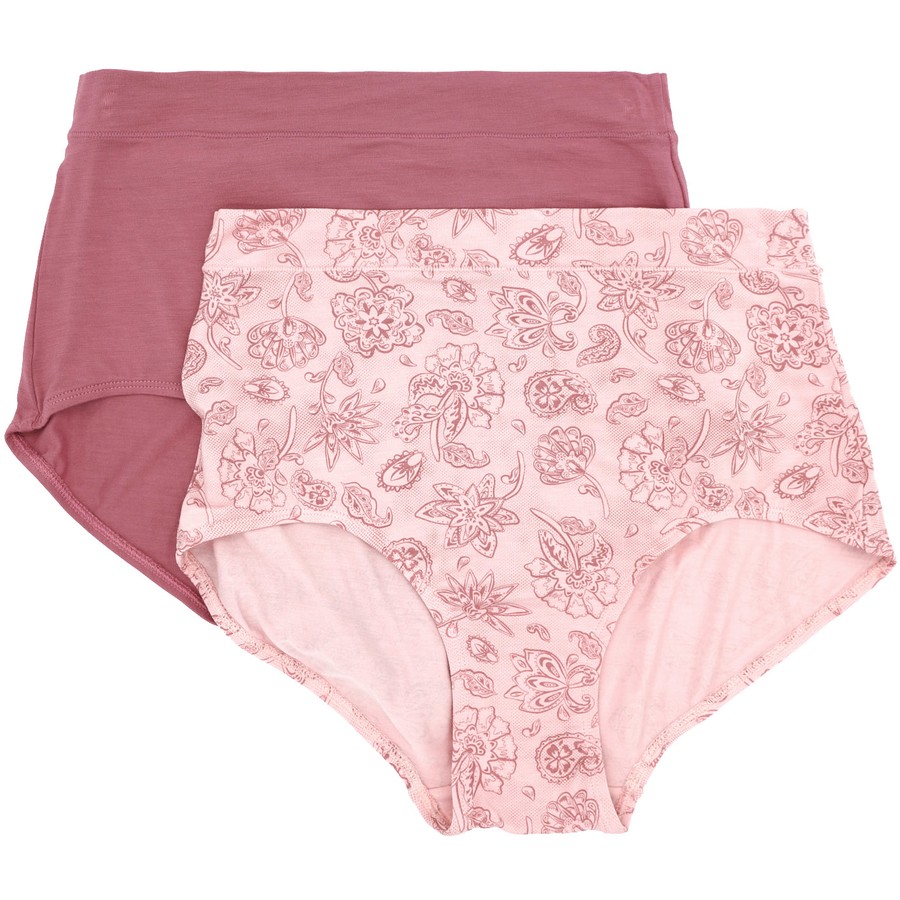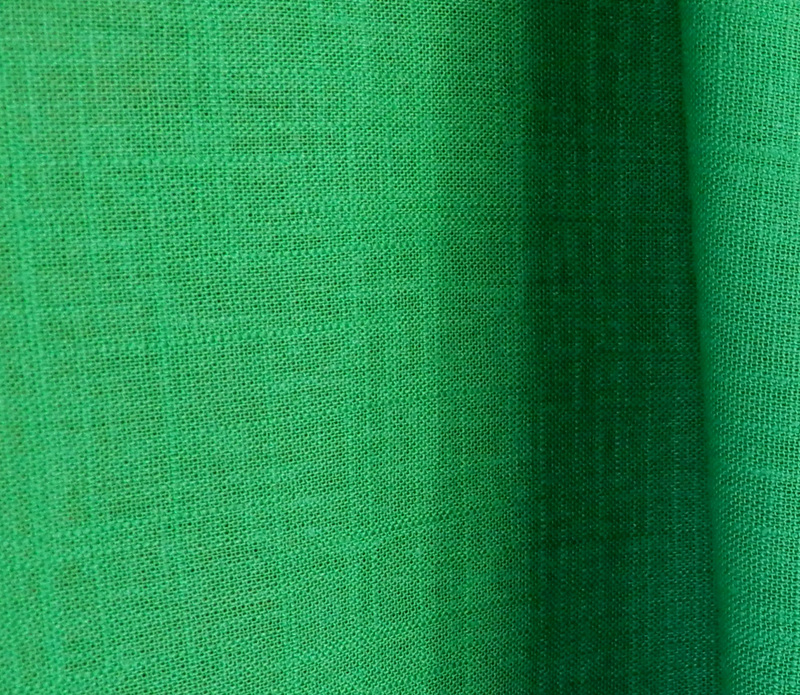
I’ve always been passionate about making ethical choices when it comes to my clothing. That’s why I’m excited to dive into the story of bamboo clothing in this article.
Not only does it offer a range of benefits, but it also has a positive environmental impact. From the ethical manufacturing practices to the versatility of bamboo fabric, there’s a lot to explore.
Join me as we uncover why bamboo clothing matters and how it can help us make conscious fashion choices.
Key Takeaways
- Bamboo clothing is made from a highly sustainable and rapidly renewable resource.
- It requires minimal water and pesticides during production, making it environmentally friendly.
- Ethical manufacturing practices are prioritized, ensuring fair labor practices and safe working conditions.
- Bamboo clothing offers versatility, comfort, and style for various occasions.
The Benefits of Bamboo Clothing
There are many benefits of wearing bamboo clothing. One of the main advantages is its softness and breathability. When I first discovered bamboo clothing, I was amazed at how incredibly soft it felt against my skin. It’s like wearing a cloud! The natural fibers of bamboo make it incredibly comfortable to wear, especially during hot and humid weather.
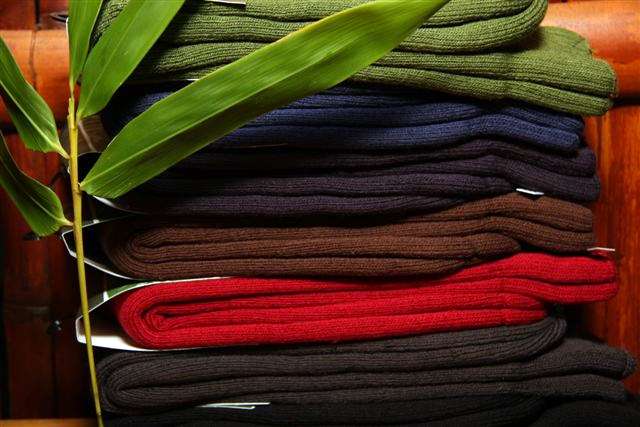
The breathability of bamboo fabric is another amazing feature. It allows for better airflow, keeping me cool and dry throughout the day. I no longer have to worry about sweat stains or feeling uncomfortable in my clothes. Additionally, bamboo clothing is also hypoallergenic, making it perfect for those with sensitive skin.
Overall, bamboo clothing is a game-changer in the world of fashion. Its softness, breathability, and hypoallergenic properties make it an ideal choice for anyone looking for comfort and style. I can’t imagine wearing anything else now.
The Environmental Impact of Bamboo Fabric
When it comes to the environmental impact, you’ll be surprised to learn how bamboo fabric is sustainable and eco-friendly.
Bamboo is a rapidly renewable resource that grows quickly and requires minimal water and pesticides. Unlike conventional cotton, which is resource-intensive and heavily sprayed with harmful chemicals, bamboo fabric is produced through a more sustainable process.
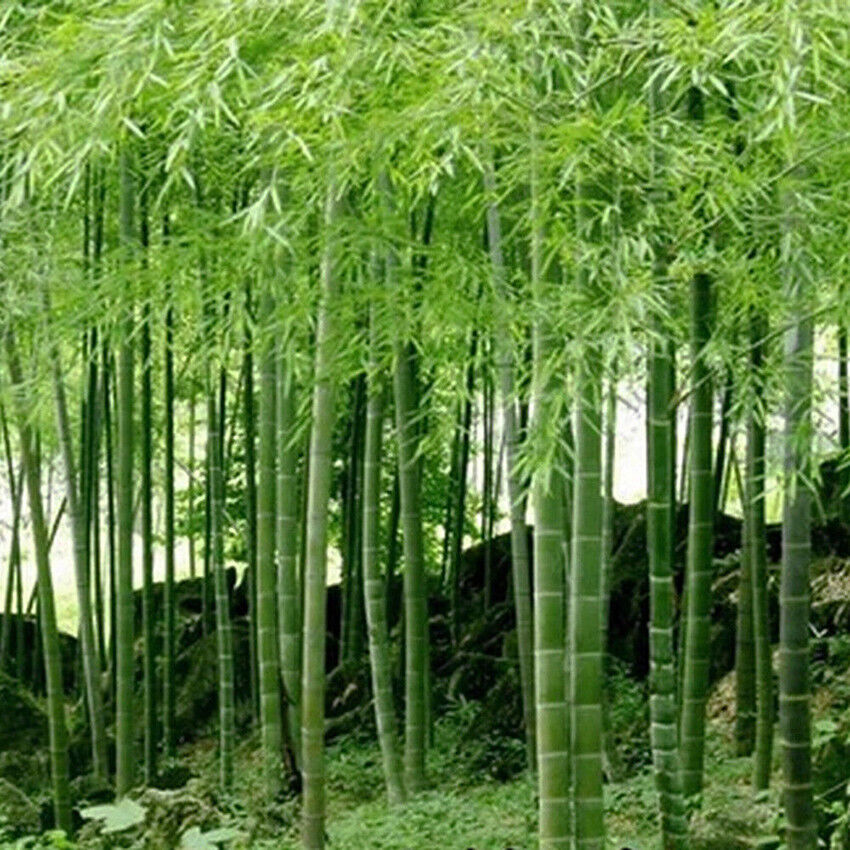
The plant is harvested without killing the root system, allowing it to regrow and continue absorbing carbon dioxide from the atmosphere. Additionally, bamboo fabric is biodegradable, meaning it will naturally break down over time without causing harm to the environment. This makes it a great alternative to synthetic fabrics, which can take hundreds of years to decompose.
Ethical Manufacturing Practices in Bamboo Clothing
Contrary to popular belief, manufacturers of bamboo clothing prioritize fair labor practices and ensure workers are treated ethically. As a consumer, I was initially skeptical about the ethical practices behind bamboo clothing production. However, upon researching and speaking to industry experts, I discovered that many bamboo clothing manufacturers are committed to maintaining fair working conditions and treating their workers with respect.
These companies understand the importance of fair wages, safe working environments, and reasonable working hours. They often collaborate with certified factories that uphold ethical standards and comply with labor laws. Additionally, manufacturers regularly conduct audits and inspections to ensure compliance and address any concerns promptly.
Exploring the Versatility of Bamboo Clothing
Despite initial skepticism, I’ve come to realize the versatility of bamboo clothing and how it can be worn for various occasions. From casual outings to formal events, bamboo clothing offers a range of options that suit any style or preference.
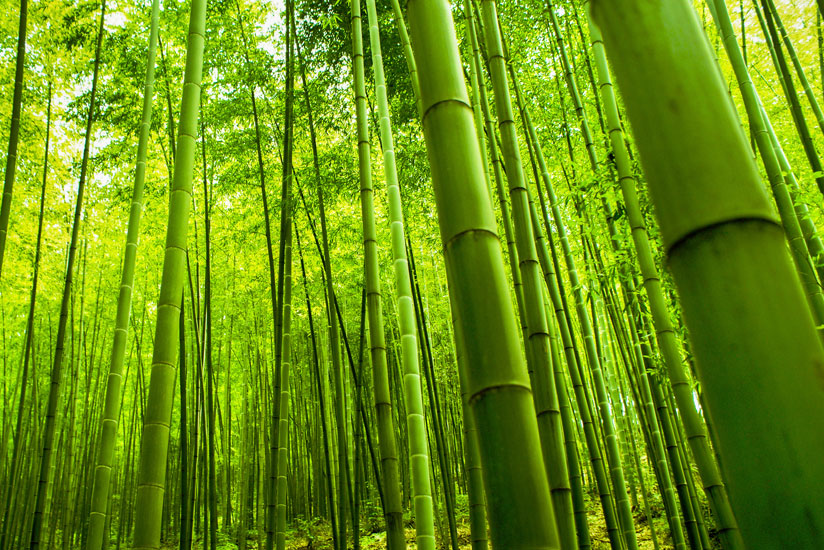
In my own experience, I’ve found that bamboo fabric is incredibly soft and comfortable, making it perfect for everyday wear. Whether I’m running errands or meeting friends for lunch, I always feel comfortable and stylish in my bamboo clothing.
Additionally, bamboo fabric has natural moisture-wicking properties, keeping me cool and dry even during intense physical activities. The durability of bamboo clothing also impresses me; it holds up well after multiple washes, maintaining its shape and color.
Overall, I’m thrilled to have discovered the versatility of bamboo clothing and how it has become a staple in my wardrobe.
Making Conscious Fashion Choices: Why Bamboo Clothing Matters
If you’re looking to make more sustainable fashion choices, you’ll be interested to know why bamboo clothing is an important option to consider.
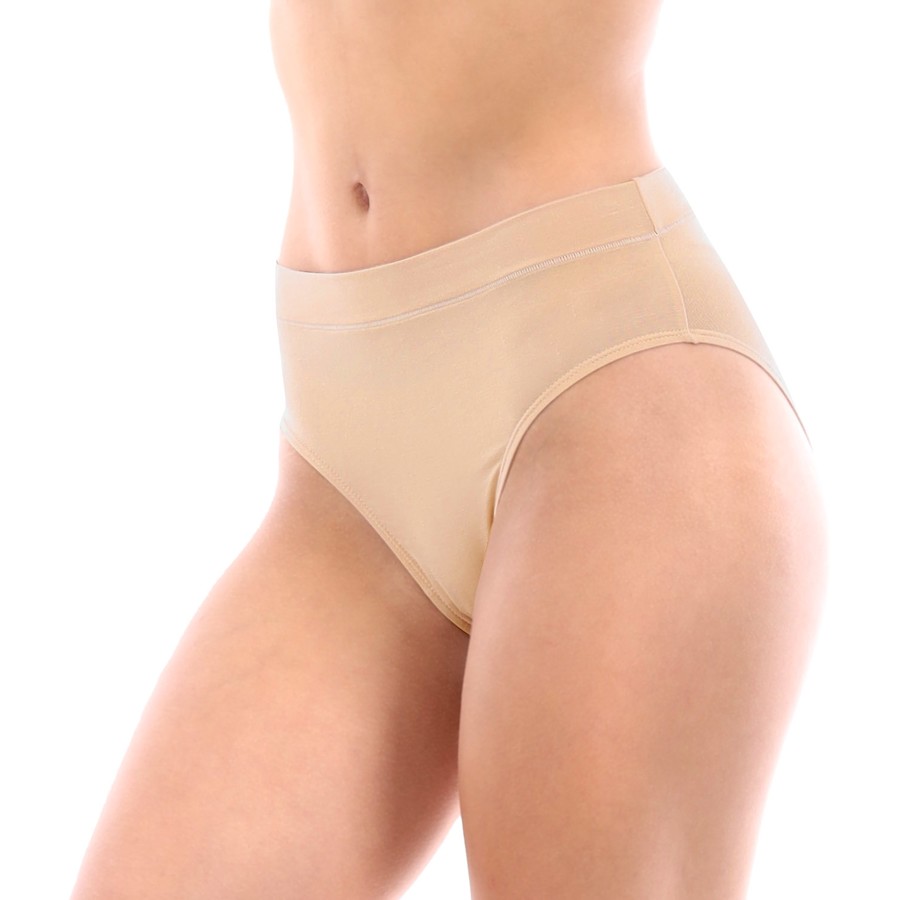
Bamboo is a highly sustainable plant that grows rapidly, requiring no pesticides or fertilizers. This makes it an eco-friendly alternative to conventional fabrics.
Bamboo clothing is also known for its breathability and moisture-wicking properties, making it a great choice for active individuals. Additionally, bamboo fabric is naturally antibacterial, hypoallergenic, and odor-resistant, making it suitable for those with sensitive skin.
The production process of bamboo clothing also uses less water compared to other fabrics, reducing its environmental impact.
Frequently Asked Questions
How Does Bamboo Fabric Compare to Other Natural Fabrics in Terms of Comfort and Breathability?
Bamboo fabric is incredibly comfortable and breathable. Compared to other natural fabrics, it offers superior comfort and breathability. It’s a great choice for those looking for ethical and sustainable clothing options.
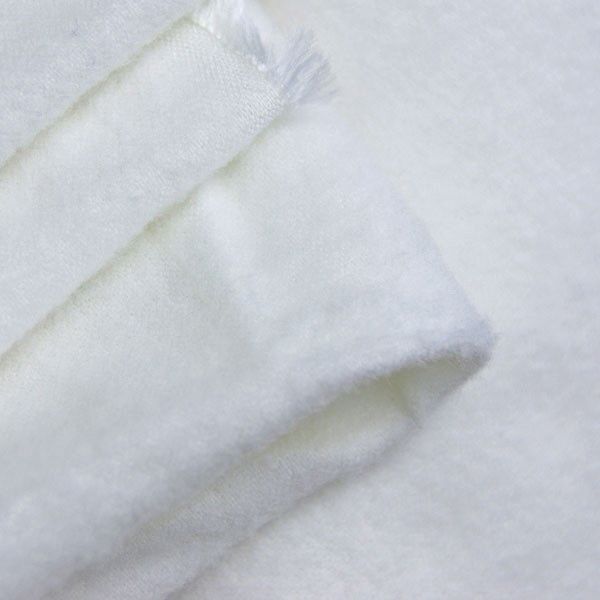
Are There Any Potential Health Risks Associated With Wearing Bamboo Clothing?
I’m not aware of any potential health risks associated with wearing bamboo clothing. However, it’s always a good idea to check for any sensitivities or allergies you may have before trying out a new fabric.
Can Bamboo Fabric Be Easily Recycled or Composted at the End of Its Life Cycle?
Yes, bamboo fabric can be easily recycled or composted at the end of its life cycle. It’s a sustainable option that allows for the reduction of waste and the preservation of the environment.
Are There Any Specific Certifications or Labels to Look for When Purchasing Bamboo Clothing to Ensure Its Ethical Production?
There are specific certifications and labels to look for when purchasing bamboo clothing to ensure its ethical production. Look for certifications like Oeko-Tex Standard 100 or Global Organic Textile Standard (GOTS) to guarantee ethical practices.
Is Bamboo Fabric Suitable for All Types of Clothing, or Are There Certain Garments That It Is Better Suited For?
Bamboo fabric is versatile and can be used for various types of clothing. It is especially well-suited for garments like t-shirts, activewear, and underwear due to its softness, breathability, and moisture-wicking properties.
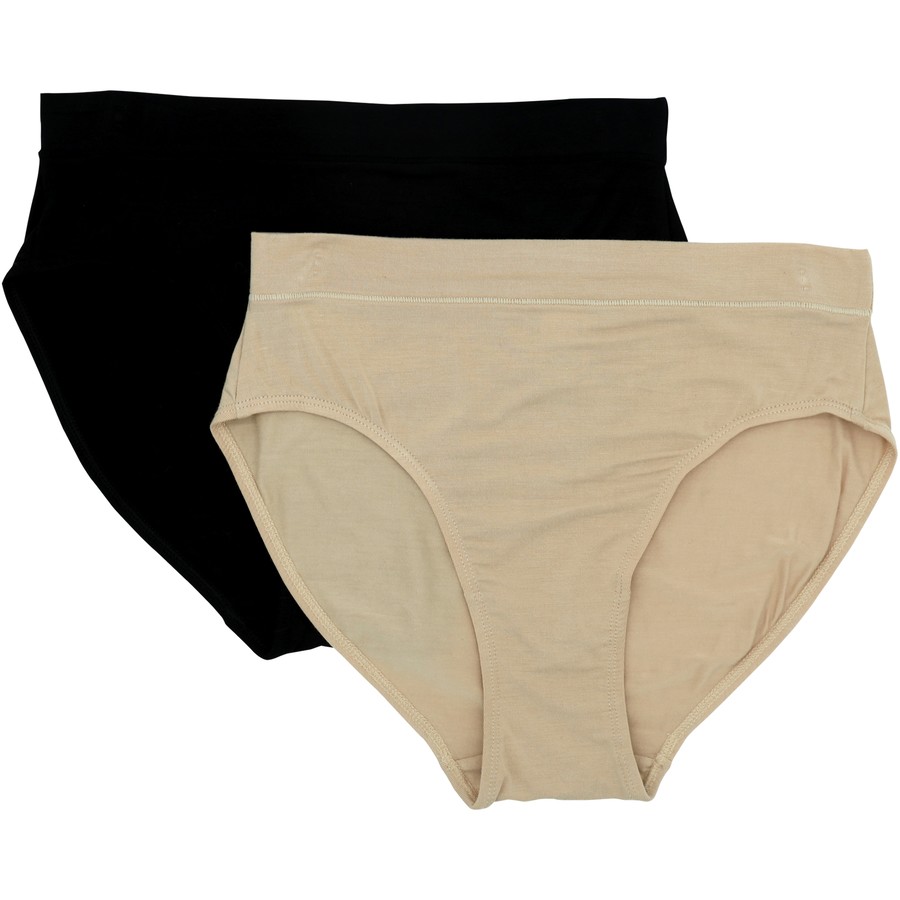
Conclusion
In conclusion, I believe that embracing bamboo clothing is not just a fashion choice, but a conscious decision towards a more ethical and sustainable future.
The benefits of bamboo clothing, both for the environment and for ethical manufacturing practices, make it a compelling choice for those who truly care about the impact of their fashion choices.
By opting for bamboo clothing, we can support a renewable resource and promote a more responsible and ethical fashion industry.
Let’s make a difference, one bamboo garment at a time.
